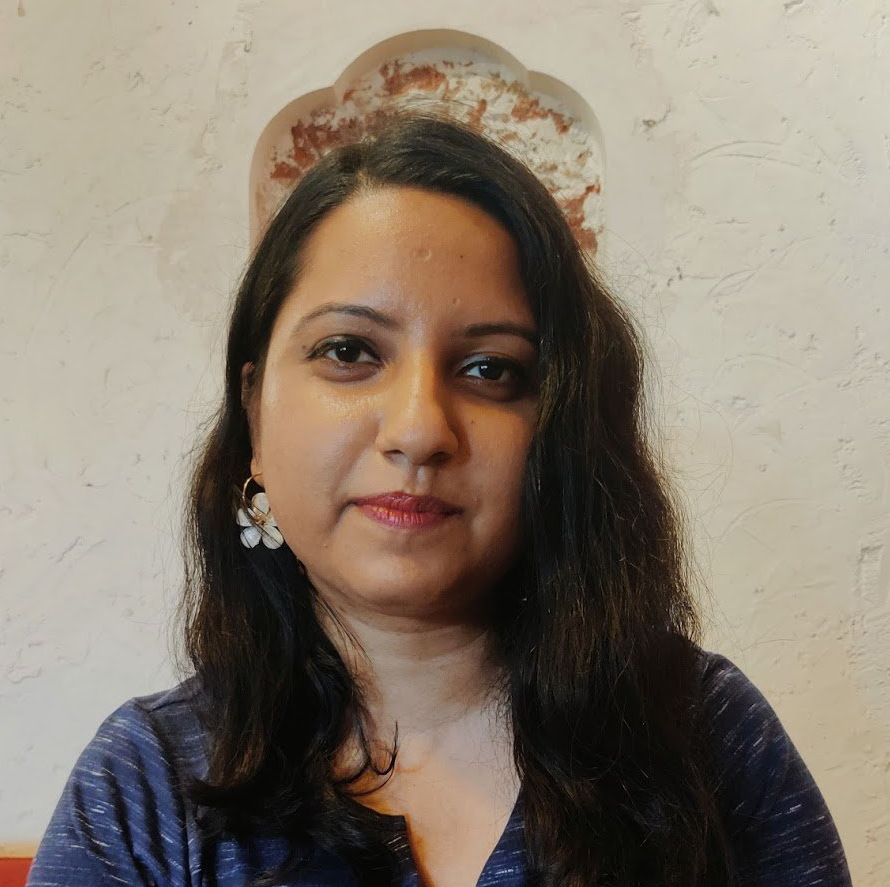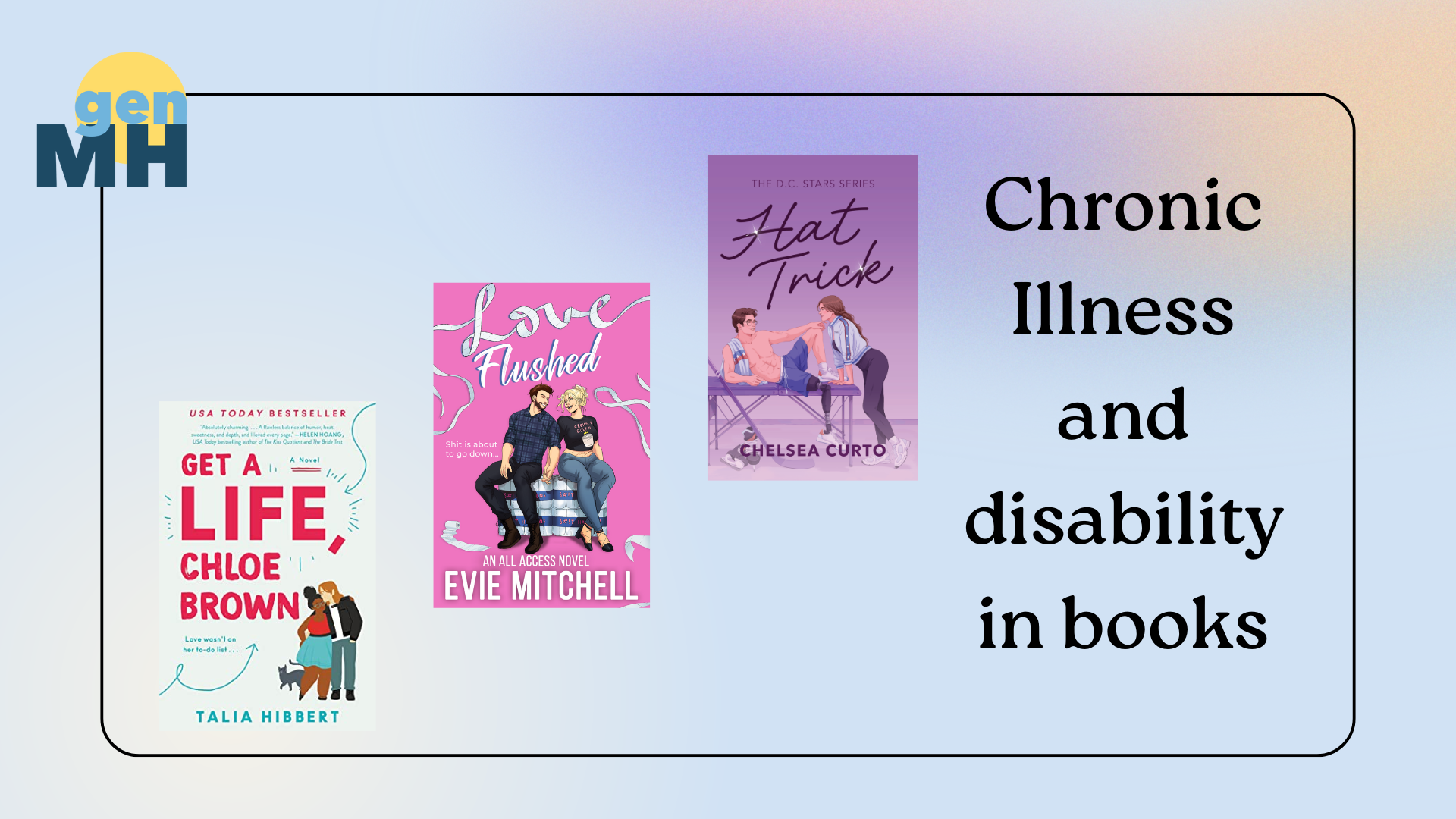We don’t have the words: On the inadequacy of our mother tongues to communicate about mental illness
Kritika Narula • May 1, 2021
Even so, most of us communicate with our families in our mother tongues. My family, for instance, understands functional English, reads an English-language newspaper, but for us to have a dinner table conversation in English, the world would have to turn upside-down. So, what happens when a person tries to inform her family about a recent panic attack in a language that befits dinner table conversation? Words elude her. While “pareshaani” roughly translates to “problem” or “worry”, “ghabrahat” has more physical connotations. It mostly conveys the physical trepidation, the flutters, or the somersaults your stomach does. The other closest word we can think of is “chinta” which conveys the worries one might have at any given point in time.
This struggle resonates with my own.
In my family, we ask each other “kya pareshaani hai?” when it seems like someone is struggling with something. The question translates to “what worry’s bugging you?” and not “what worries have you incorporated in the fabric of each moment of your existence?” It’s a fine line.
Saying we are “pareshaan” is our best bet to convey how anxious we are to our Hindi-speaking families. But even the best of these phrases is imperfect: it fails to differentiate between the worries of the day-to-day challenges we face versus the debilitating pressure of an anxiety disorder that impairs our functioning. “Pareshaani” will probably elicit empathy but it’ll still be construed as something bugging us, like a deadline, not as what it is: the weight of the grief of all the alternative lives you’re not living because of the design of life, but which your overthinking tricks you into believing a personal failure.
Rajkanya Mahapatra, 26, based in Kolkata, tells me how her experience of sharing the details of her recent bout of depression with her mother went, “It was a tough conversation when I tried to explain to my mum what anxiety feels like and that I had been seeking therapy. When it came to the specifics, it was harder to explain why I couldn’t get myself to do simple things like feed myself.”
The right words often seem elusive, “I don’t have the vocabulary for those emotions or experience even in the most fluent Bangla,” Mahapatra adds.
“It’s like those German words that have no equivalent in any other language,” she chuckles and sighs in the same breath, reminding me of the Dictionary of Obscure Sorrows that I now recall using as a teen to make sense of the emotions I was feeling.
Why do we need the labels anyway?
“…You people have names. That’s because you don’t know who you are. We know who we are, so we don’t need names.”
Neil Gaiman, Coraline
My family is in the dark about my mental health struggles, but the secrecy isn’t for the lack of any attempt at transparency. The one time I came close to telling them about why I sought therapy as a grad student, I couldn’t go beyond, “it was difficult to manage everything.” Scores of triggers for social anxiety, missing one social event after another, barely mustering enough will to cook, being swept up in debilitating loneliness, and all I could come up with was “it was difficult to manage everything.”
On reflection, I am compelled to wonder what cause & effect are at play here: is it because we don’t have the vocabulary for them that we haven’t openly discussed emotions as a culture, or is it because we never gave emotions their due that we have been left to pick the pieces left behind by stigma, ignorance, discrimination and oppression against anyone perceived not “normal.”
Mental health — and the struggles — are often complicated beasts. Because we talk so little about mental health in common parlance, the complexity of mental health struggles is even harder to convey. How do you explain your passive suicidal ideation to a mother who is already breaking apart at the seams under prolonged financial duress. How do you know she isn’t ideating herself? How do you say you no longer feel excited at the prospect of existing and convey that life seems very hard, not that you are specifically interested in ceasing to exist?
Then, the real language of mental health isn’t a glossary of medicalised terms, but rather the words that can help us articulate our struggles. There’s a huge debate here about whether or not diagnostic labels help, but — at the risk of severe oversimplification — I’ll chalk it up to personal preference. Many people like having a name to the beast, others find labels reductive.
The bottomline is that we are not having the right communication about mental health with people around us. What is stymying this communication? The limits of our languages may have something to do with it.
It may also have something to do with the fact that “mental health” sounds very novel to my parents. I am not alone in this, either. Richa, 33, chips in, “Anytime I so much as begin a conversation about mental health or illness, it ends in me busting all the myths that my family believes in.”
Mental health awareness campaigns often focus on busting stigma by “talking about it”, or “sparking a conversation”. How will we make it a dinner table conversation topic, if it cannot be expressed in the language of the dinner table conversation?




